
Somalia in fresh bid to stop illegal fishing
According to the officials, ignoring the crime poses as much harm to business on the Indian Ocean as piracy did.
The officials spoke at the Intergovernmental Authority on Development (Igad) meeting on maritime security held in Entebbe recently.
Abdi Ali Raghe, the Maritime Security Co-ordination Committee focal person in the Office of the President said that the lack of a government naval force has led youth in Somalia to form groups to fight illegal fishing vessels on their own.
"Allowing such ad hoc groups to operate in a country whose institutions do not function at full potential can be a recipe for instability in Eastern Africa,” he warned.
Following a spike in piracy along the 3,000km Somali coastline in 2008, the EU deployed a navy force with support from members of the North Atlantic Treaty Organisation (NATO).
The EU has given $44.3 million for maritime security in Eastern and Southern Africa under the project co-ordinated by Igad.
Somali officials now fear that with piracy less of a problem, the counter effort may dwindle, opening an opportunity for the illegal trolleys to thrive and tiff-off Somalia’s restive youth.
READ: Somali pirates are back…they never really left
Pirate attacks
Data from the International Maritime Bureau shows that pirate attacks fell from a peak of 237 in 2011, to no attacks in 2015, but have risen to five in the first half of 2017.
Somali officials say that it would help if Nato forces who are still operational in the Indian Ocean, arrested illegal fishing vessels. But according to the maritime safety and security director general of Puntland State Captain Mohamooud Mohamoud, the EU and Nato say it is beyond their mandate.
The political advisor to the EU Naval Force in Somalia David Petrovic blamed it on the lack of a coherent mechanism for determining legal fishing licences.
"Nato and the EU naval forces patrolling Somali waters always stop vessels but often, they have licenses,” he said.
The five states of Somalia — Puntland, Galmudug, Jubaland, South West and Hirshabele — can each license fishing vessels, which causes confusion.
The Minister of Fisheries and Marine Resources Dr Mohamed Abdi Hashi, said this will end once revenue-sharing negotiations with the government are completed. Source:theeastafrican





 0
0 
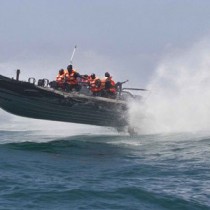

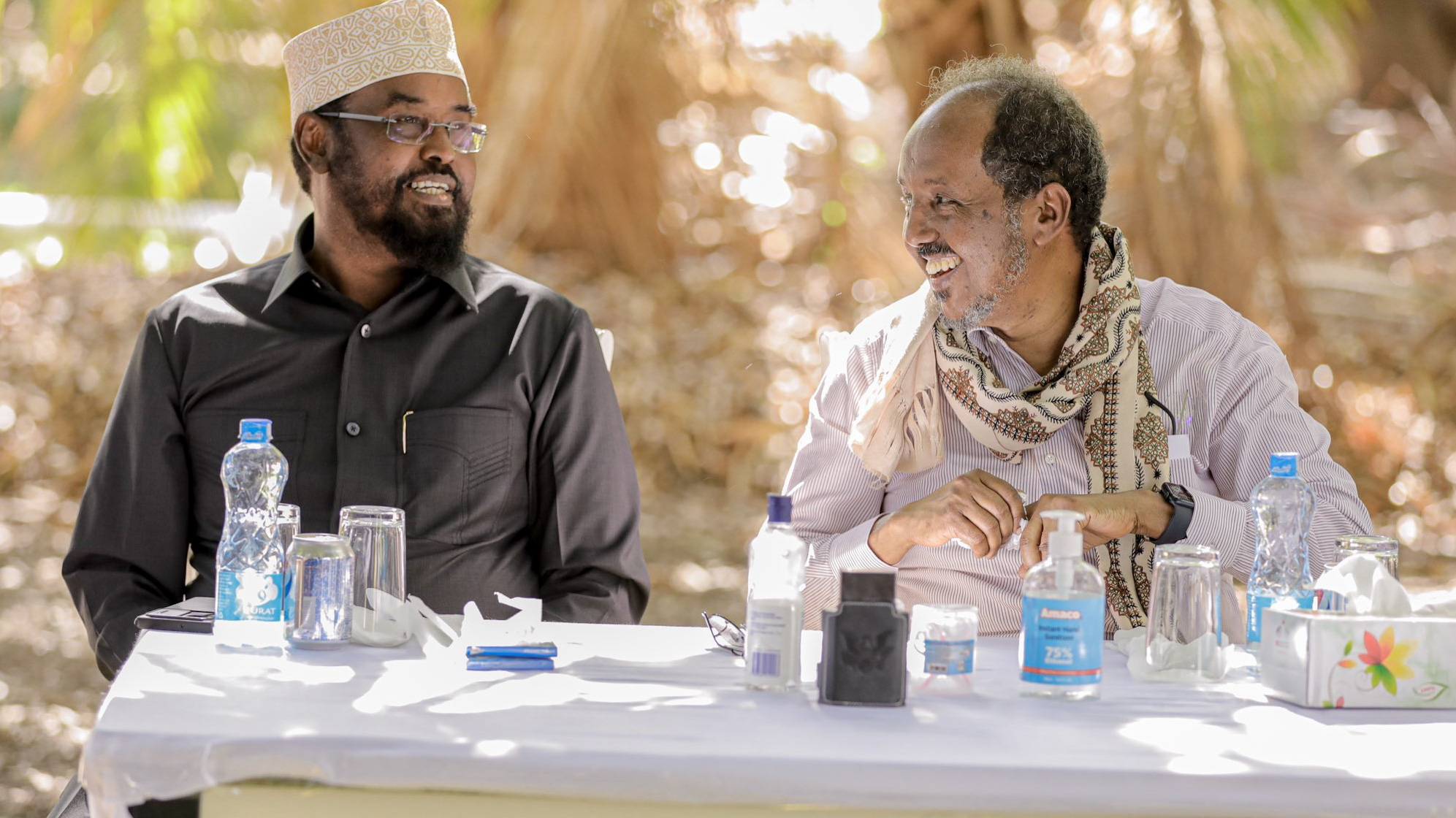
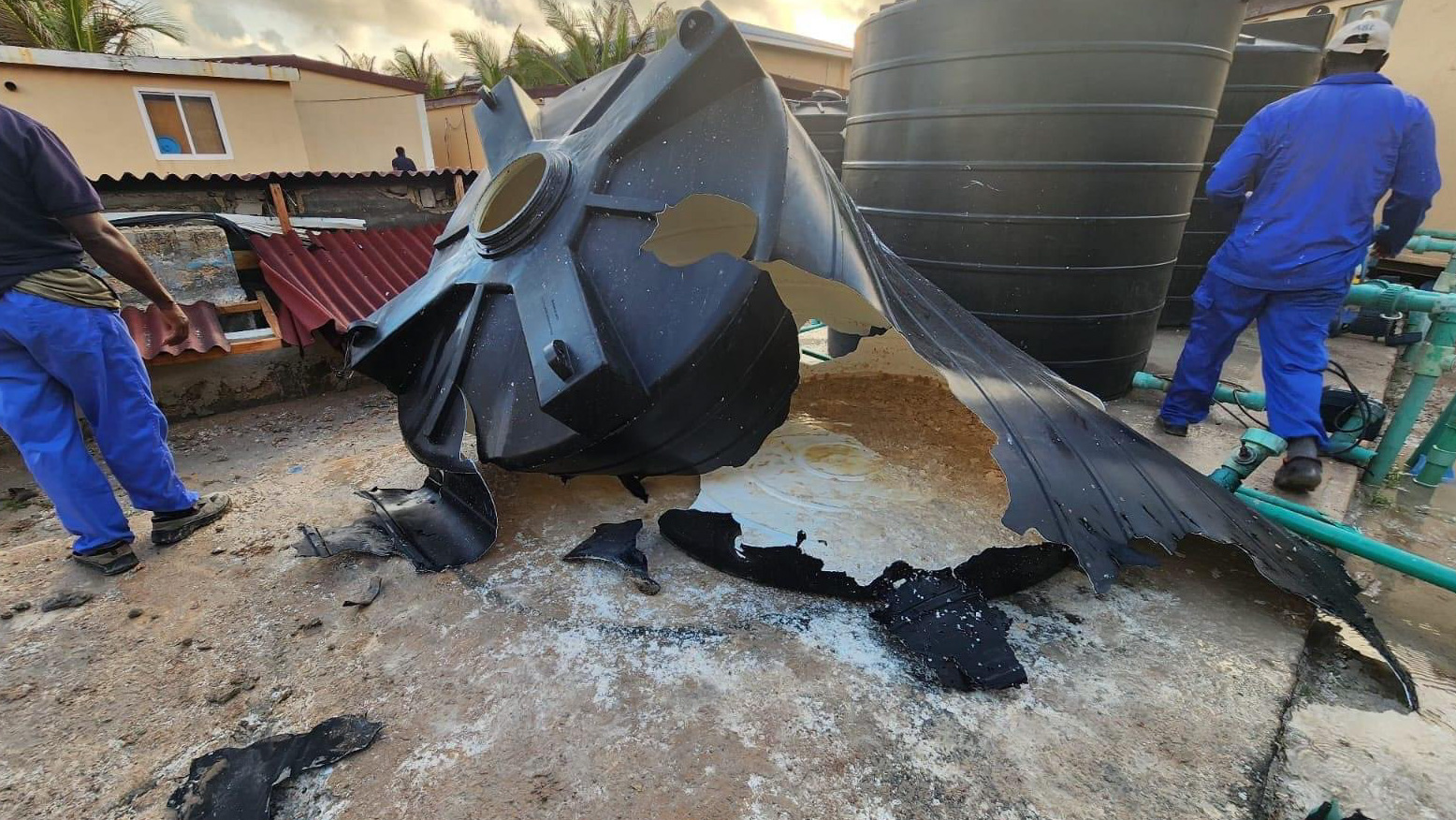
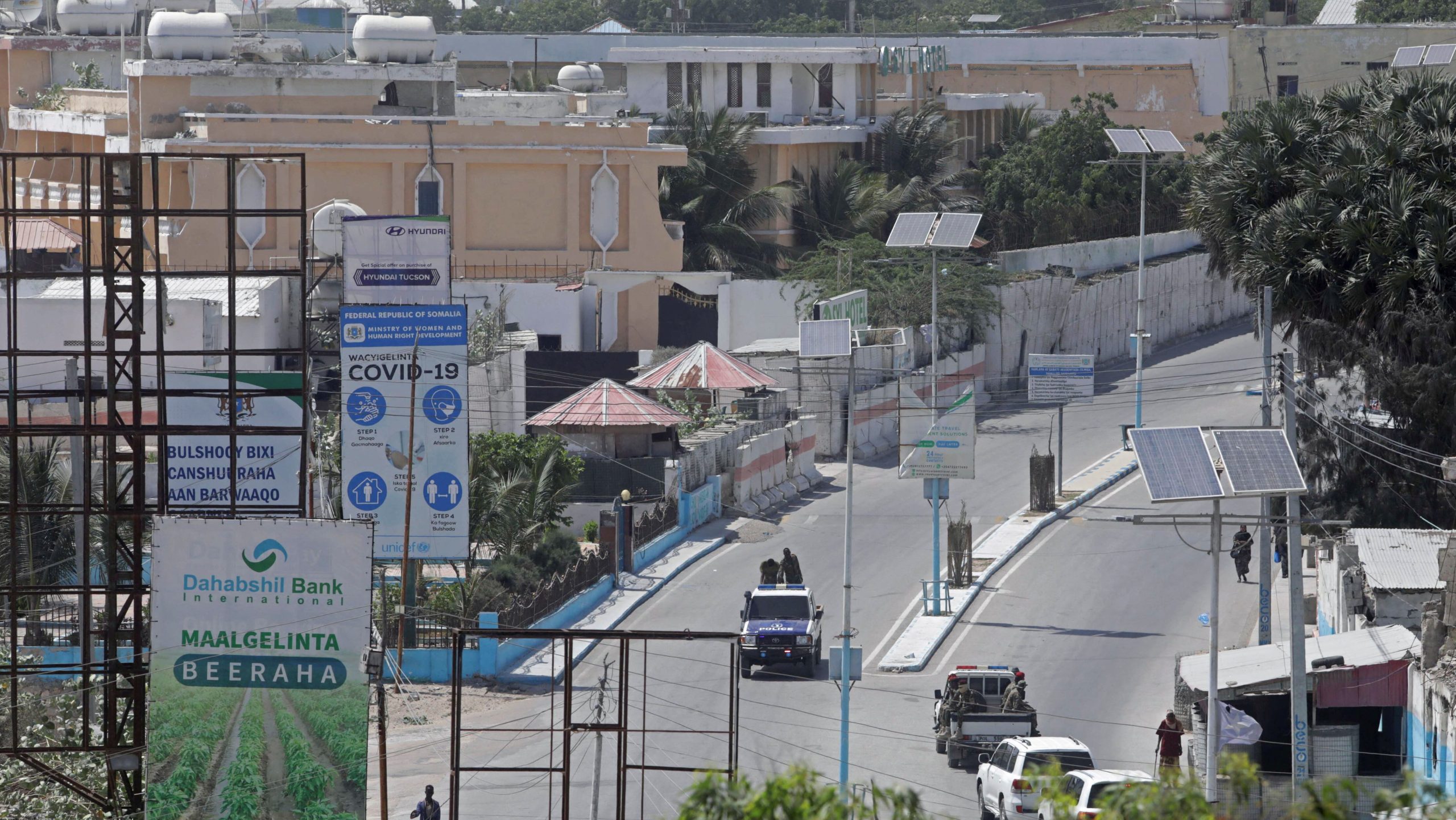
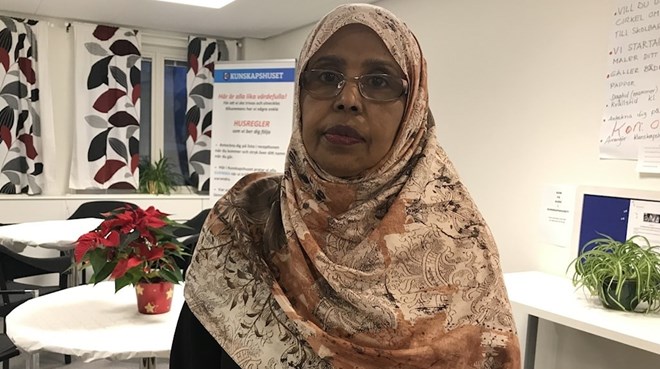
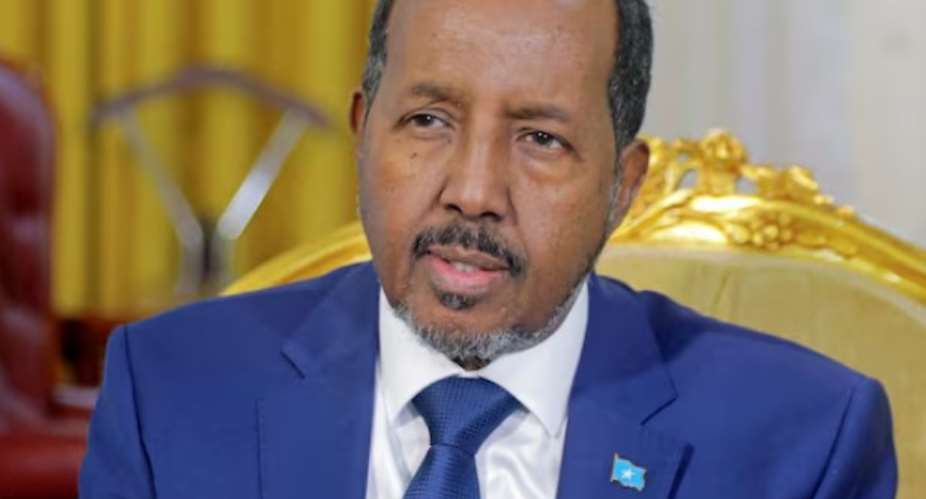
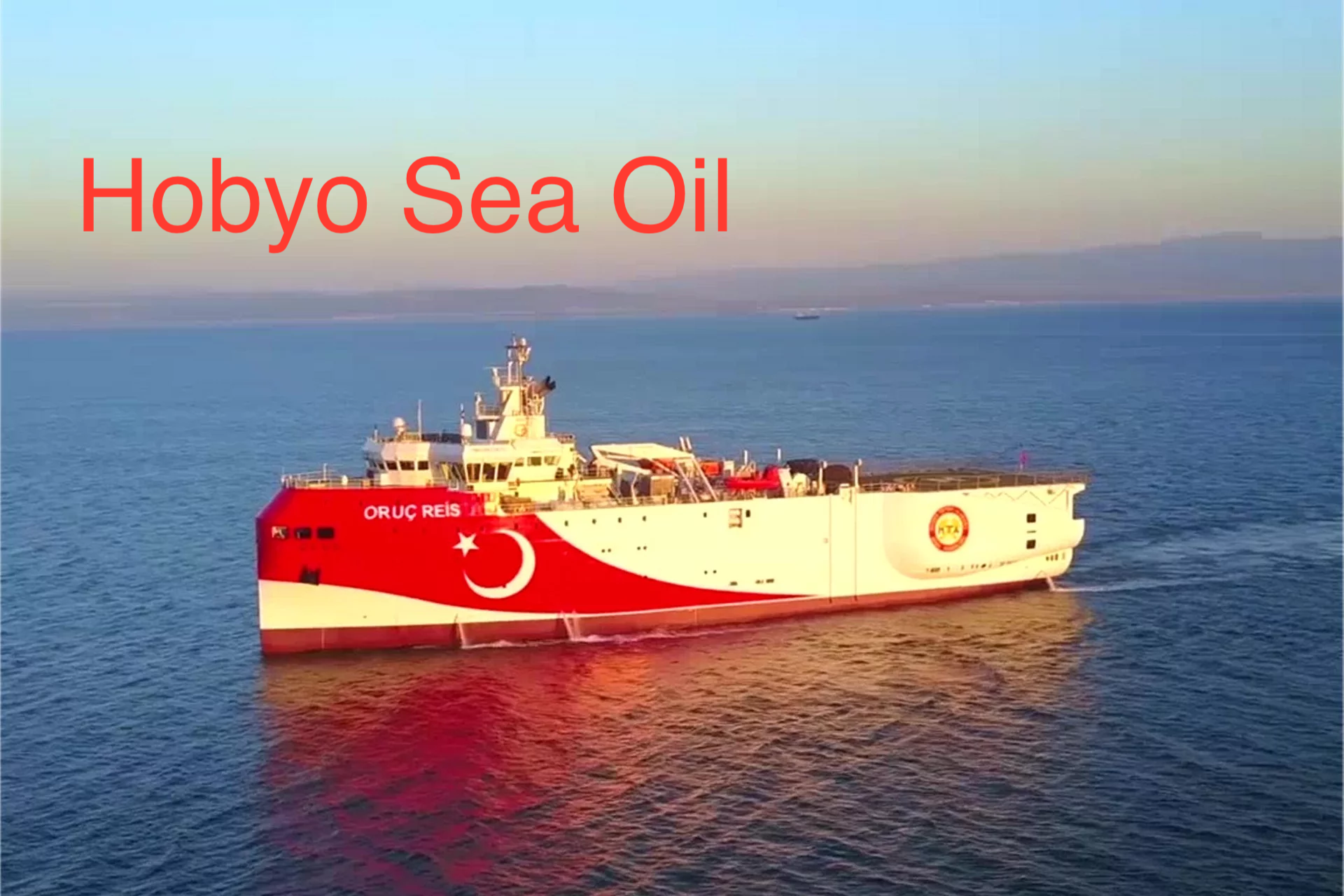
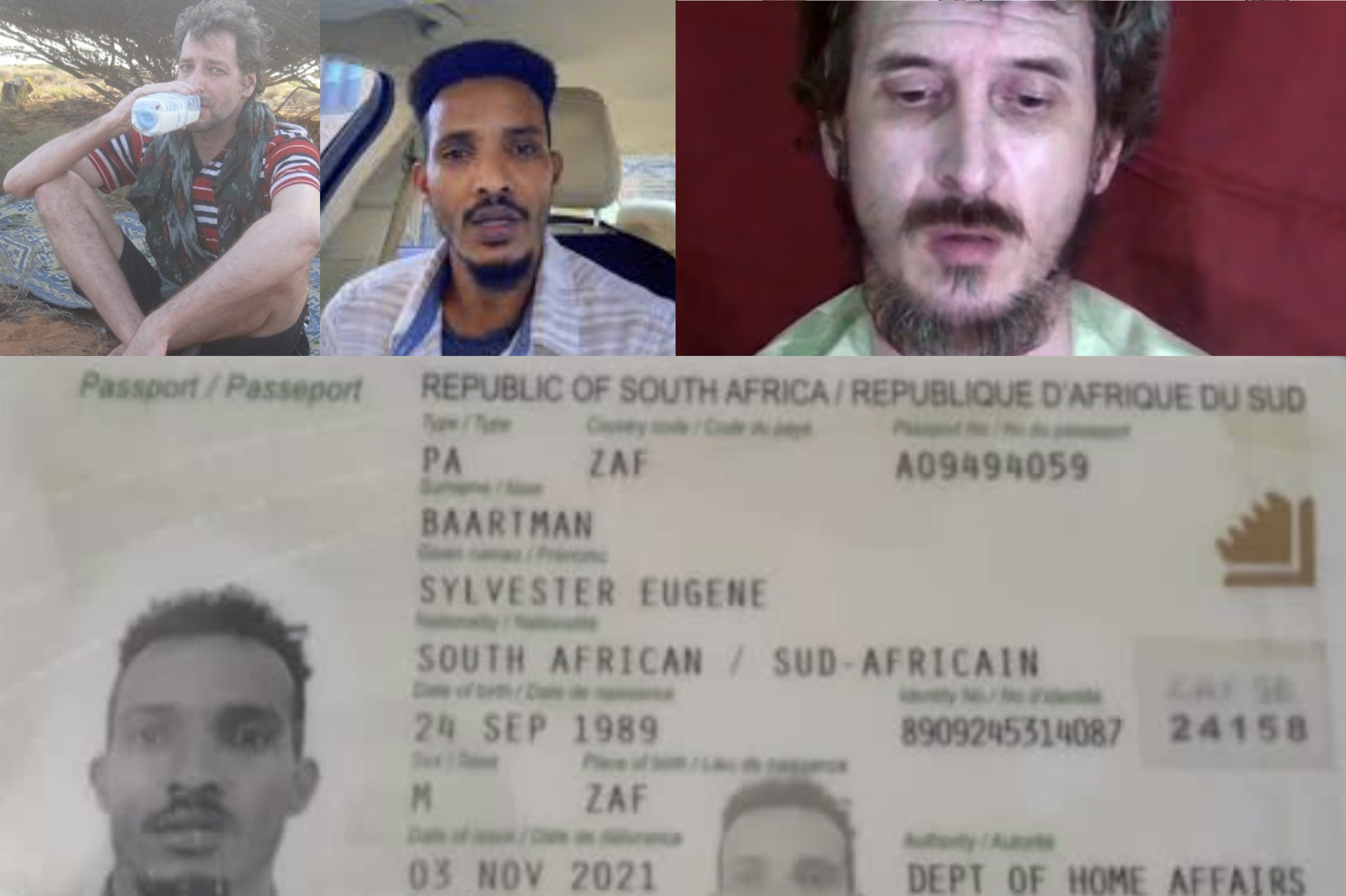
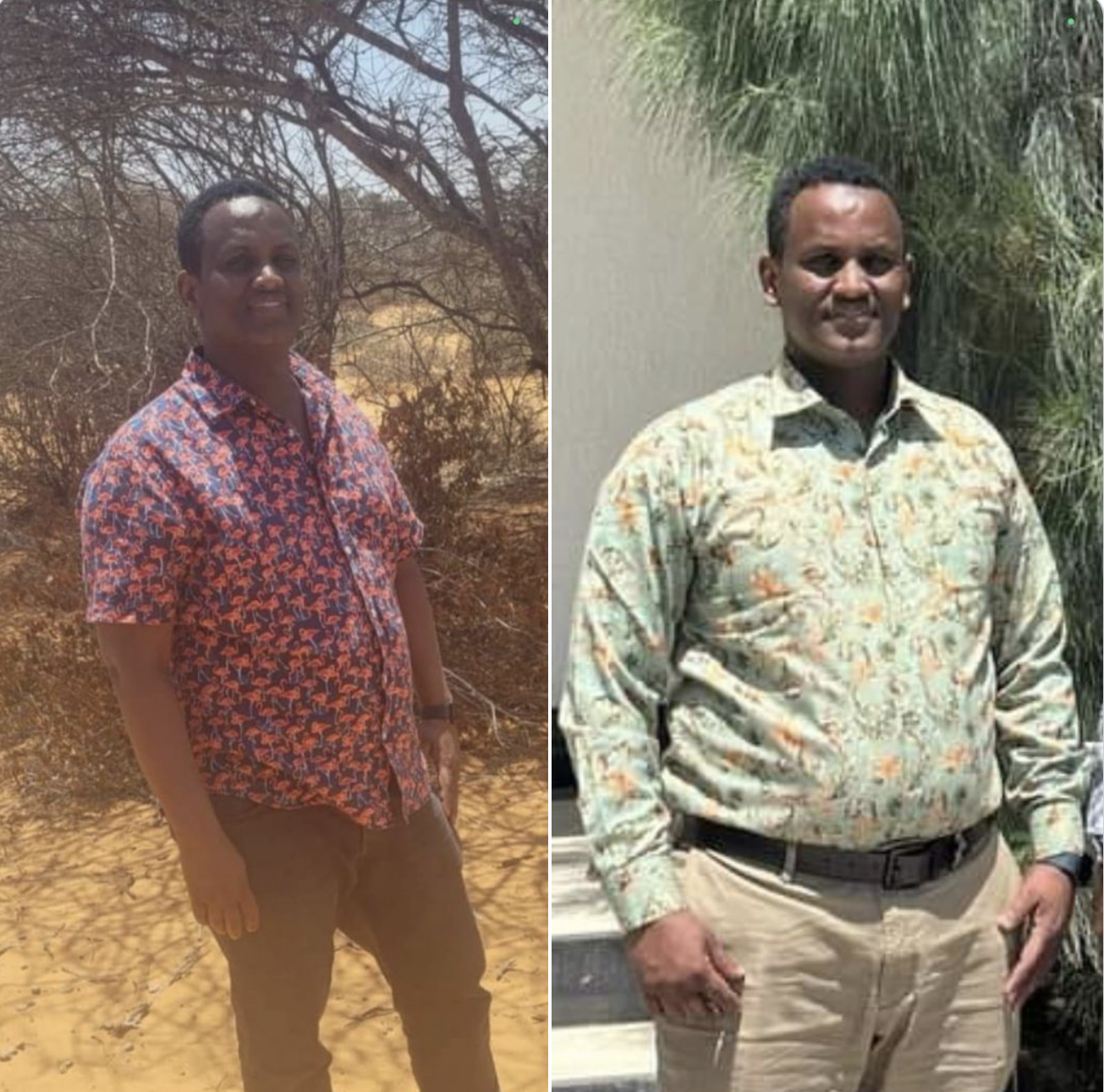
![[DAAWO] Dhul Free ah, Degmada ugu quruxda badan Galmudug](https://waagacusub.com/uploads//article/photo/IMG_E16C1C-068D29-00F13D-396389-6B49D3-78A5A6.png)

![[Topnews:-] Sarkaalkii Muqdisho ka Afduubtay Saraakiishii Sirdoonka Faransiiska oo Mareykanka u tahriibay.](https://waagacusub.com/uploads//article/photo/IMG_D12C79-B2F5AF-B6B07C-E7F3AC-96251A-E9123F.jpeg)
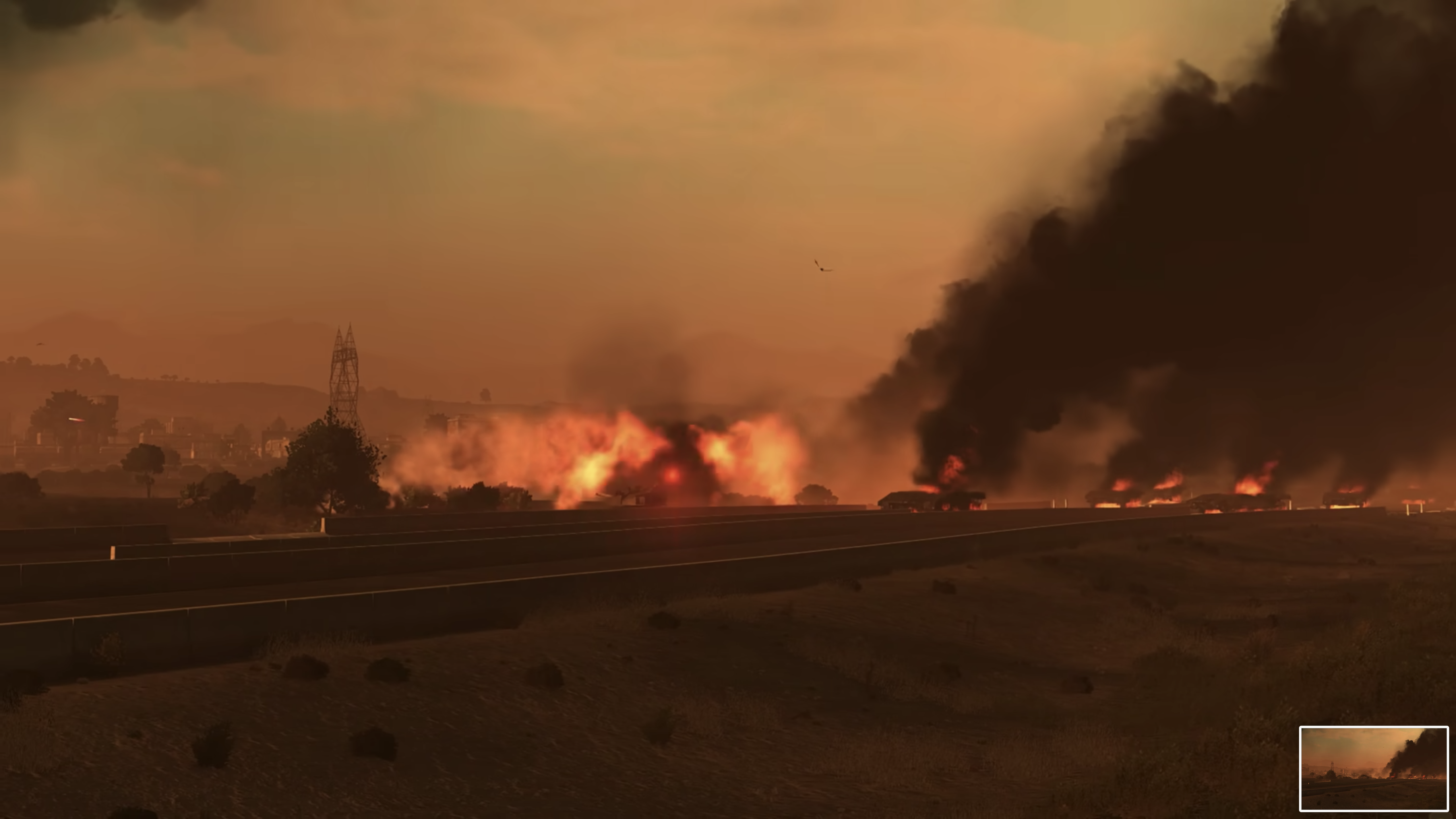
Somalia in fresh bid to stop illegal fishing
Somalia in fresh bid to stop illegal fishing